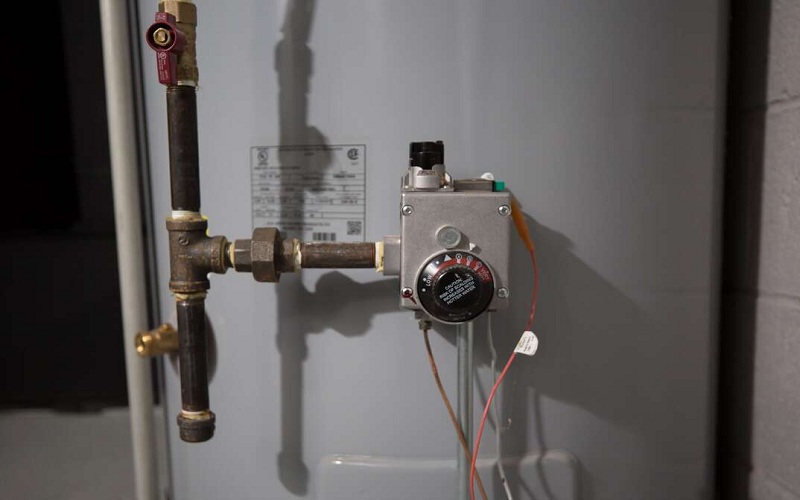Whether the current water heater of your home is on the last leg or you are finding ways to minimize the carbon footprint, it might be very confusing when buying a new unit.
But you could ask, which is the best: a gas water heater vs. an electric water heater? To answer your question, narrow it down to the following.
Gas Water Heaters
When turning on a tap, water will flow through the system. The burner then ignites, and gas begins to flow, thus generating combustion, which heats water through a heat exchanger. If you close the tap, the gas turns off, and the system’s burner turns off, too. The gas may come from a natural gas network or a cylinder.
Depending on the system’s model, a hot water cylinder specialist at Hot Water Cylinders, a gas heater can offer a range of 5 to 20 liters of water. Therefore, choosing a more suitable model solely depends on the home’s hot-water points.
Pros
- Energy efficient
- Lower costs of operating than electric models
- Works during power outages or failures
- Heats water faster
Cons
- Smaller range of sizes
- Dirtier operation
- Relighting at times required
- Less heating efficiency than electric models
- Les safer than electric water heaters
Electric Water Heaters
These systems keep water in water tanks, which are heated through electrical resistors. The power then corresponds to the tanks’ capacity and varies depending on your home’s needs.
If two people live in the house, it is advisable to go for a system with 1,500 W and 80 liters capacity. But 3,000 W and 200 liters would be more suitable if five people lived there.
One of the decisive functions of electric water heaters is the rate of recovery – the duration it takes for water to reheat. This is the key feature to consider during winter.
Pros
- Easier to hookup as every home has an electric service
- Don’t require relighting
- Varieties of sizes
- Lower buying prices
- Heats water more efficiently
- Safer
- Clean operation
Cons
- Longer times for recovery
- Don’t operate during power outage or failure
- Higher costs of operation
- Slower to heat water compared to gas models
Factors That Can Affect Your Decision
So far, you can’t decide based on how the two units work. They both have advantages and disadvantages. This is why it is important to consider factors like the following to make the right decision:
1. Installation Process
The process of installing a gas water heater is more involved than that of installing an electric water heater. This is simply because, apart from connecting the system to your home’s plumbing, you will have to connect the unit to the gas line.
2. Efficiency
An electric water heater is more energy efficient than a gas water heater since it doesn’t keep the system hot all the time. Considering the electricity cost is higher than gas, an electric model can eventually add a lot to the utility bills. On the other hand, gas storage systems keep water hot every time, but energy is lost and used constantly.
Many households currently use gas water heaters, but this has started to change. Gas prices are increasing, and some parts of the world have started to ban gas hookups to have clean local air and minimize carbon emissions. But if you are still unsure which model to go for, consult a water heater expert to advise you accordingly.

